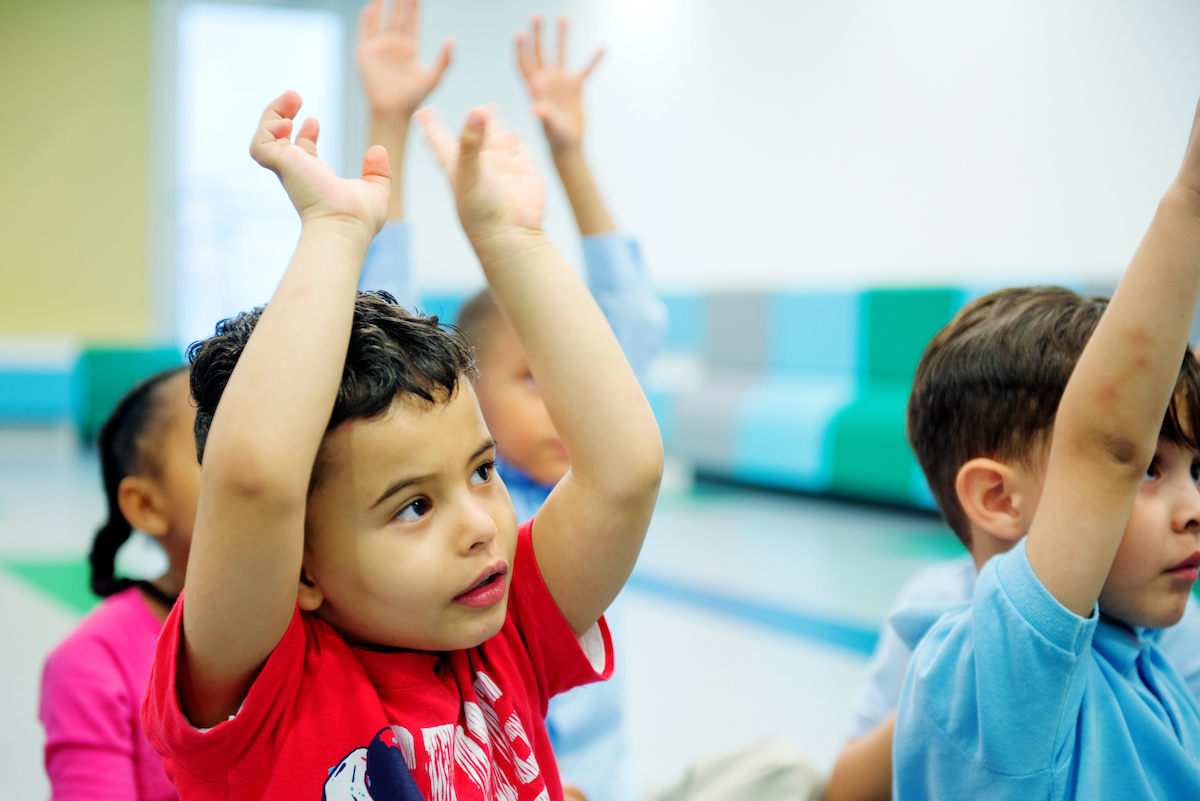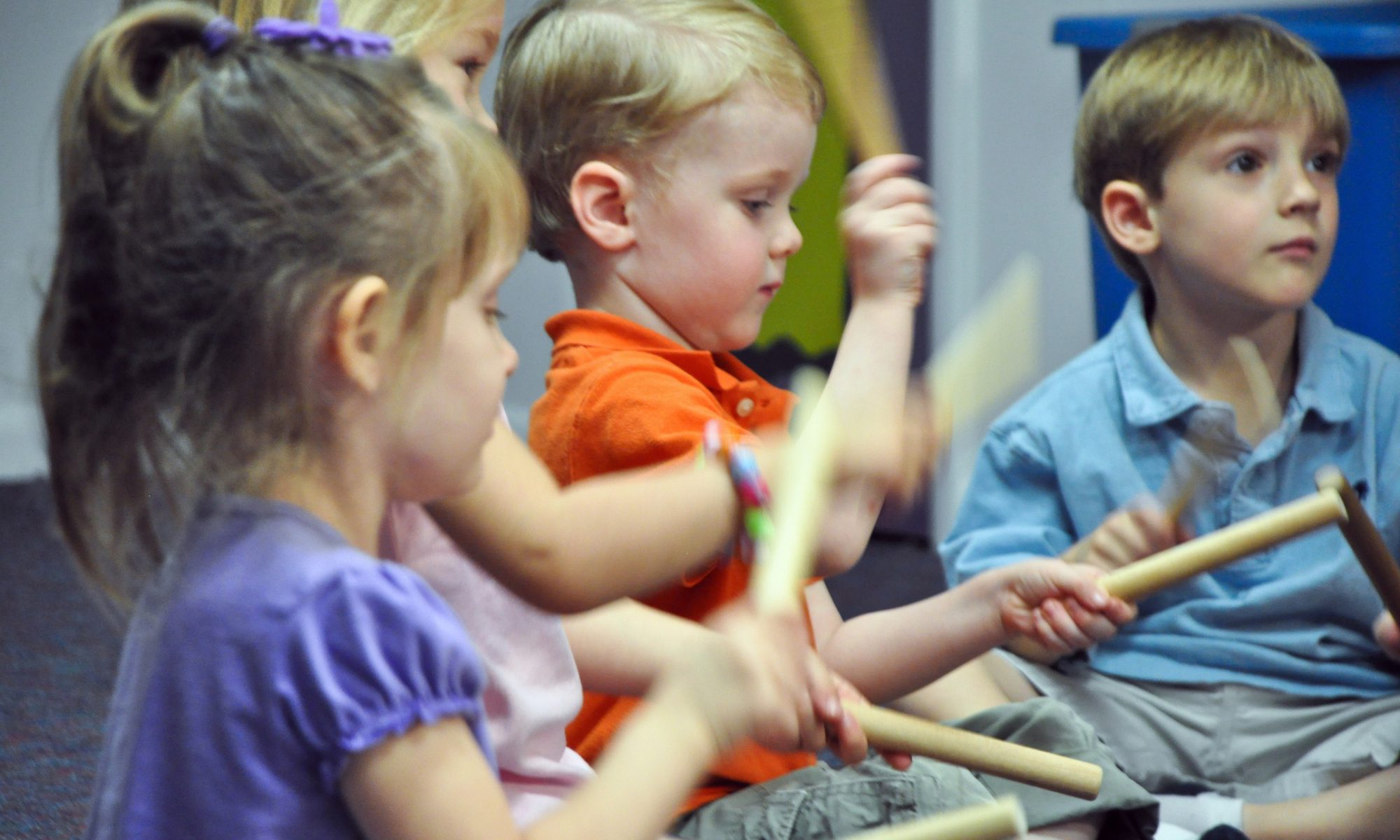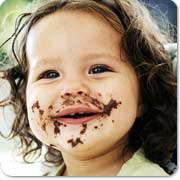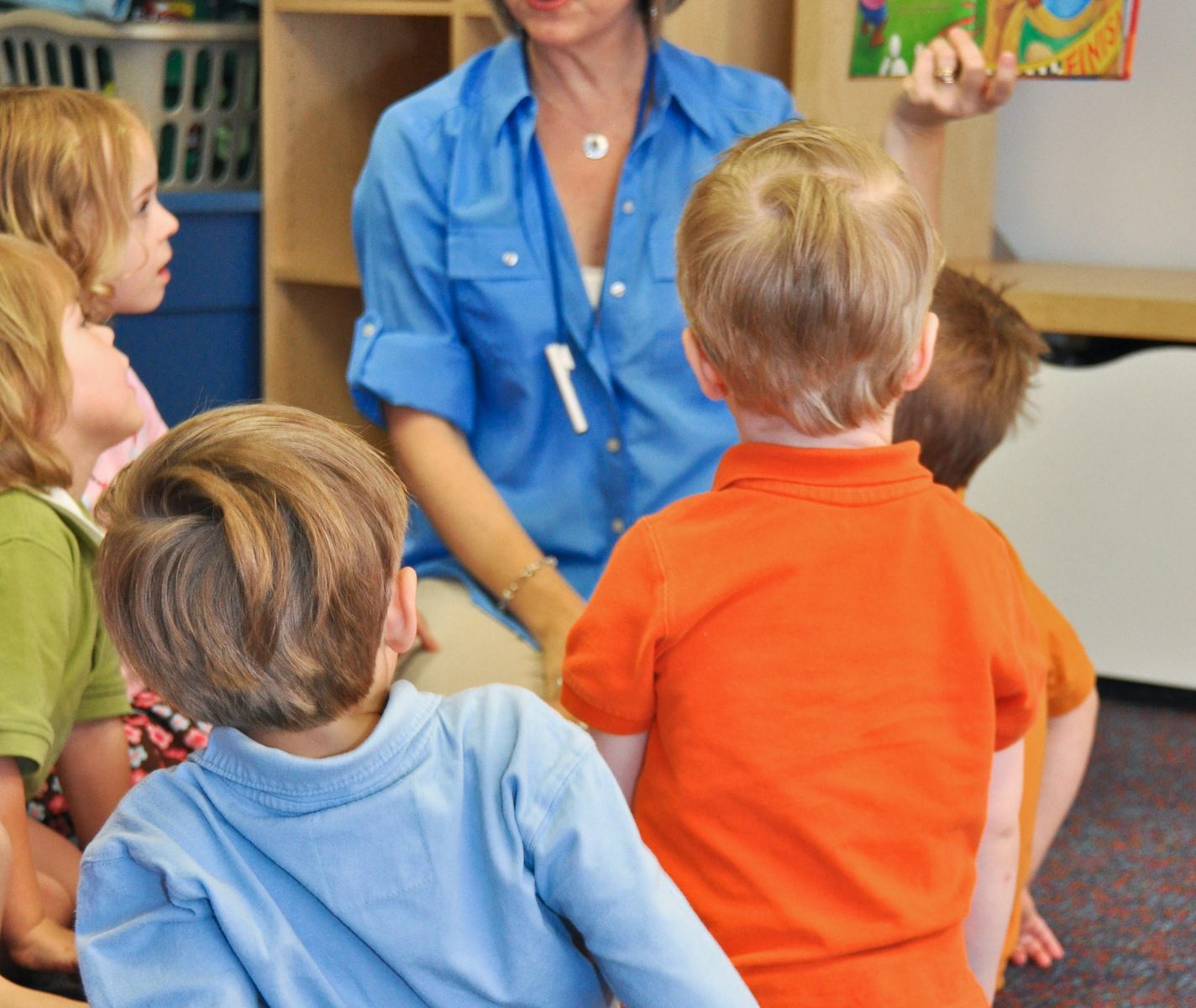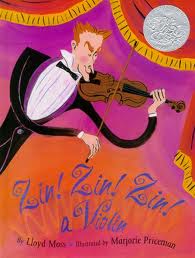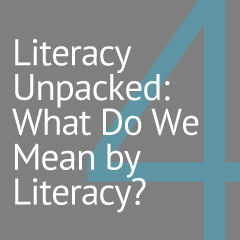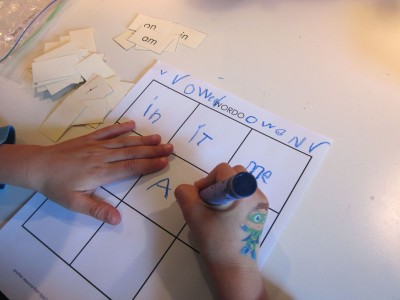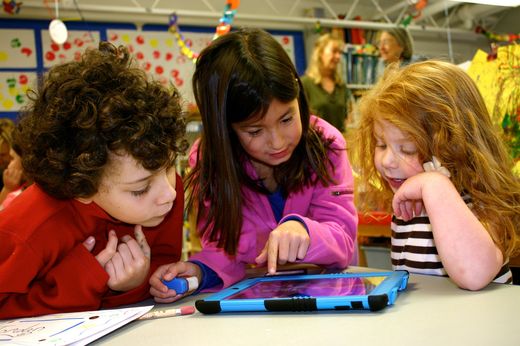 Early language development begins long before children say recognizable words. Linguist Patricia Kuhl notes that a six-to-eight month old baby can discriminate any sound in any language. In early language development, children naturally learn phonetically by interacting with other people. In contrast, learning another language in later years, such as in high school or at university, often includes many hours of learning through grammar, syntax, and conjugating verbs. Je suis. Tu es. Il est.
Early language development begins long before children say recognizable words. Linguist Patricia Kuhl notes that a six-to-eight month old baby can discriminate any sound in any language. In early language development, children naturally learn phonetically by interacting with other people. In contrast, learning another language in later years, such as in high school or at university, often includes many hours of learning through grammar, syntax, and conjugating verbs. Je suis. Tu es. Il est.
As our world becomes increasingly global, more and more parents and education professionals see the benefits of beginning foreign language education at younger ages. In fact, the French Education Minister suggested in 2011 that children begin learning English in nursery school when they are three years old.
When we developed ABC English & Me, we merged our decades of early childhood music education experience with the latest research on teaching young children another language.
Research-based best practices for young English Language Learners
- The “Natural Approach.” In this teaching practice, the important underlying principle is an emphasis on language “acquisition” as opposed to language “processing.” The Natural Approach encourages children to speak and think in the second or foreign language. This takes precedence over analytical processing of formal language structure and syntax.
- Total Physical Response. A young learner responds to language learning through body movements, which helps comprehension and fluency.
- English language stories. When stories are read expressively to young English Language Learners, the association of foreign words nourishes both language development and listening skills in the new language. The foreign sounds of spoken and sung English, through repetition, become recognizable at first and subsequently comprehended.
- Early childhood music. Finger plays, traditional nursery rhymes and songs reinforce phonemic awareness and the systematic relationship of letters of the alphabet and the sounds connected to each letter. Plus, musical instruction and experience help the brain improve its ability to distinguish between rapidly changing sounds, referred to as auditory processing. This auditory processing is critical to developing phonemic awareness, a necessary aspect of foreign language acquisition. Children who hear English words, even without grasping their meaning, will develop an ear for the language, especially if it is heard musically.


 Read more about the
Read more about the 